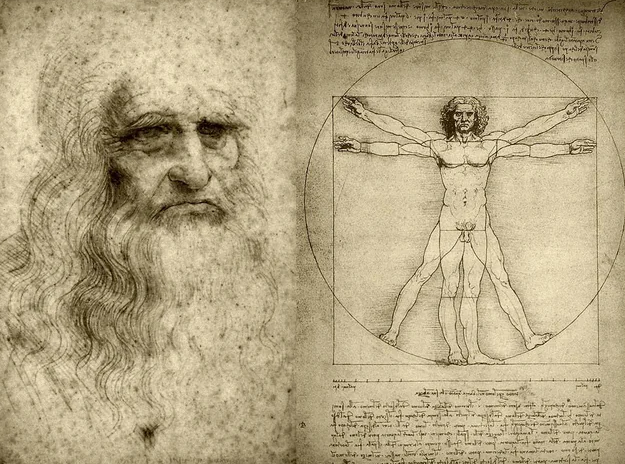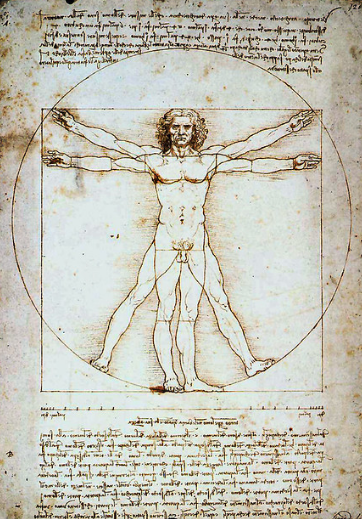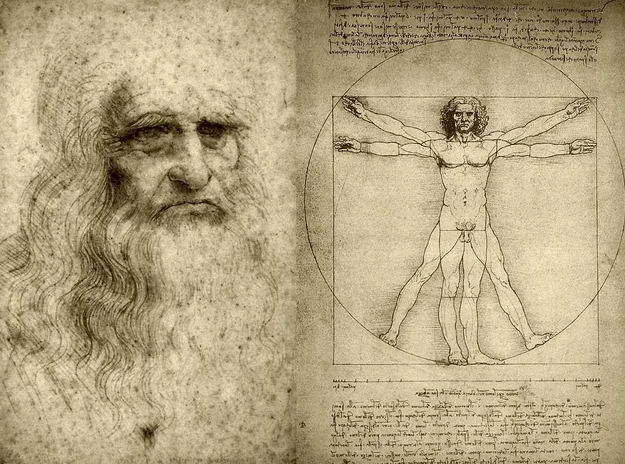Will Another Leonardo da Vinci Grace Our World? Exploring the Future of Genius

Leonardo da Vinci. The name itself conjures images of unparalleled brilliance: a painter of breathtaking masterpieces, a visionary engineer, an anatomist who dissected the human body with meticulous detail, a botanist, a cartographer –
By Charles Allen

image credit: flickr.com
Leonardo da Vinci. The name itself conjures images of unparalleled brilliance: a painter of breathtaking masterpieces, a visionary engineer, an anatomist who dissected the human body with meticulous detail, a botanist, a cartographer – the list of his accomplishments seems endless. He stands as a singular beacon of human potential, a testament to what a single mind can achieve. But with centuries passing since his death, the question lingers:
will another genius of his caliber ever emerge?
The possibility of another Leonardo da Vinci gracing our world is a captivating and complex one. While the specific circumstances that birthed his genius – a confluence of Renaissance curiosity, access to knowledge, and a uniquely fertile mind – are unlikely to perfectly replicate, there's reason for both optimism and caution.
The Seeds of Innovation:
The modern world, arguably, offers a richer environment for fostering exceptional talent than da Vinci's era. We have unprecedented access to information through the internet, advanced technologies that accelerate discovery, and a globalized community fostering collaboration across disciplines. Specialized fields, while seemingly fragmenting knowledge, also allow individuals to delve deeply into specific areas, potentially leading to breakthroughs that surpass da Vinci's achievements.
Furthermore, the increasing emphasis on STEM education and the democratization of knowledge through online resources could cultivate a new generation of polymaths. Individuals with diverse interests and the ability to connect seemingly disparate fields – a hallmark of da Vinci's genius – could find fertile ground to cultivate their potential.

image credit: reddit.com
The Challenges of Replication:
However, the path to achieving such extraordinary genius is fraught with challenges. The sheer volume of knowledge in today's world can be overwhelming, making it difficult for individuals to achieve the breadth of understanding da Vinci possessed. Specialisation, while beneficial, can also limit interdisciplinary exploration, potentially hindering the development of truly holistic thinkers.
Moreover, the competitive and often isolating nature of modern academia and industry can hinder the kind of free-flowing creativity that fueled da Vinci's work. The pressure to publish, to secure funding, and to adhere to specific research agendas can stifle curiosity-driven exploration.
The Future of Genius:
Ultimately, the question of whether another Leonardo da Vinci will emerge is not simply a matter of circumstance. It is a question about the inherent potential of the human mind and the choices we make as a society. If we nurture a culture that values curiosity, fosters interdisciplinary thinking, and encourages individuals to pursue knowledge for its own sake, the possibility of another "Renaissance man" is not just conceivable, but perhaps inevitable.
While we may not see a direct replication of da Vinci's genius, the future holds the potential for individuals who will redefine the boundaries of human achievement in their own unique ways. The spirit of invention, the pursuit of knowledge, and the unwavering desire to understand the universe – these are the enduring legacies of Leonardo da Vinci, and they are the seeds from which future geniuses will undoubtedly sprout.